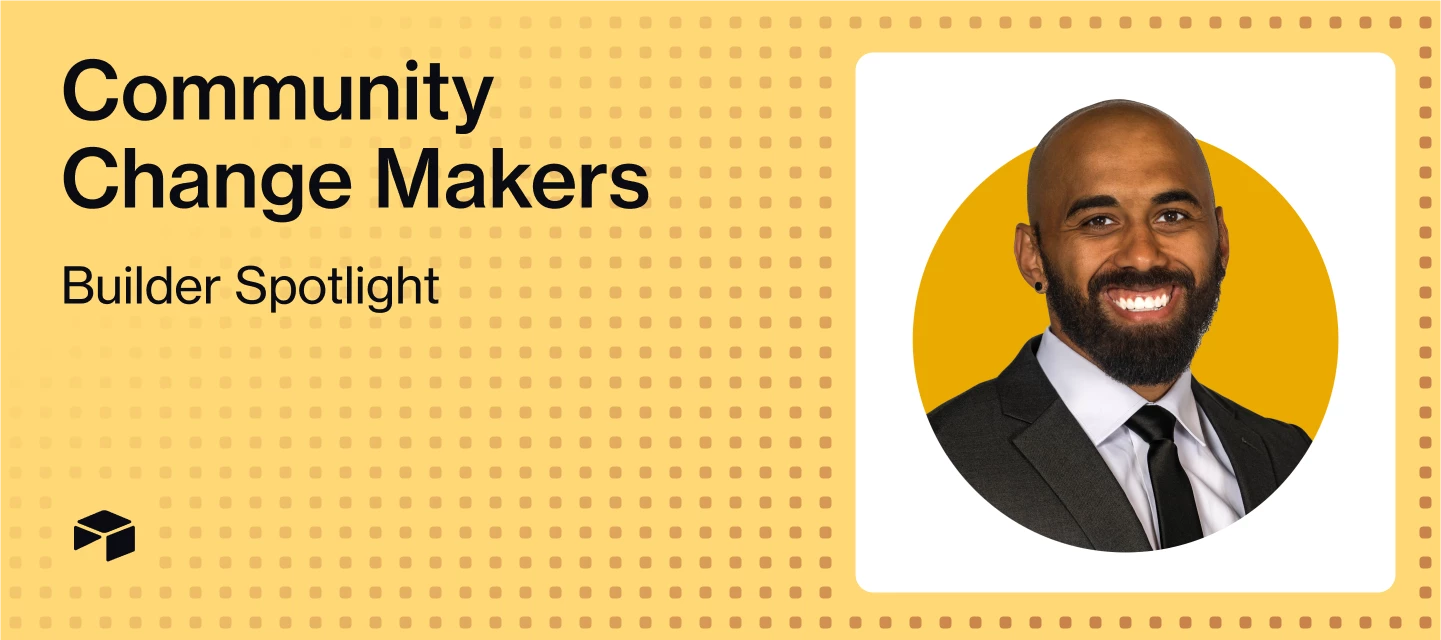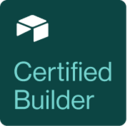Welcome to Change Makers, our series highlighting customer stories and builders making an incredible impact with Airtable. Today’s Change Maker is a co-leader of the Airtable EDUser Group!
Meet Paris, Assistant Director at Ascend WV
👀 What’s a fun fact most people (or your coworkers) don’t know about you?
When I was a student at West Virginia University, I was the rock climber featured on top of Seneca Rocks for the school’s “Let’s Go” marketing campaign. If you look hard enough, you can still find TV ads and banners of me waving a WVU flag while perched on a precarious rocky ledge. Honestly, I probably spent more time doing things like performing, competing in Mountaineer Idol, playing in my band, than I did studying. Not sure if I majored in Marketing or in extracurriculars — but both have served me well so far!
🤝 If you weren’t in your current role, what would you be doing?
I’d be back in Southeast Asia, where I spent years working in the global humanitarian aid sector. There’s something powerful about living and working in communities vastly different from your own. It changed how I see systems, impact, and storytelling. I imagine I’d still be chasing that blend of tech, creativity, and development work… probably with a Thai tea in hand, some mango sticky rice, and Burmese tea leaf salad.
🧑🏻💻 What’s the first thing you ever built with Airtable?
The first thing I built was a basic application tracker for a remote worker initiative called Ascend WV. I had no prior experience with Airtable or relational databases for that matter! I just needed to organize submissions better than a spreadsheet could. That one base quickly became a statewide infrastructure for managing applications, and has led to an integrated system that powers all of our work. It’s proof that some of the most scalable systems start with a scrappy, single-table build and a clear problem to solve.
💡Where do you go for inspiration or new ideas — inside or outside your industry?
As someone working in higher ed, I find a lot of inspiration in our Airtable EDUser group. It’s a great reminder of how much innovation is happening in classrooms and universities across the world. But I also learn a ton from watching how private sector teams tackle process design and scale. Seeing how a marketing agency or venture firm uses Airtable to solve real-world problems pushes me to be more creative and think differently about how I’m using this tool.
🗯️ What advice do you have for new Airtable users?
Experiment! One of the best things about Airtable is the freedom to create applications for practically anything. Some of my biggest insights came from experimenting with bases that have long since been archived. Those out-of-the-box ideas and deep dives showed me exactly where my knowledge and technical limits intersected—and often pushed those boundaries further.
And don’t forget about Airtable Academy and the community! Learning by experimenting and breaking things can be even more powerful when you see how others have tackled similar challenges. I’ve saved myself countless hours by checking Airtable forums regularly and, even with over four years of experience, I found the Academy incredibly valuable and full of insights I hadn’t considered.
Powering Their Grants Program with Airtable
Paris’s team’s mission is to advance West Virginia University’s land-grant purpose by driving economic development through the state’s unique outdoor assets. The team focuses on strengthening the outdoor economy (building trails, supporting nonprofits and businesses) and attracting/retaining talent through initiatives like Ascend West Virginia, which brings remote workers to the state. Their ultimate goal is to help West Virginia grow, innovate, and keep its brightest talent.
When benchmarking other similar initiatives, his team landed on Airtable after finding it to be the most effective tool for managing applications and operations. In his five years using Airtable, they’ve processed over 66,000 applications entirely through Airtable and the tool has been essential to running their programs efficiently as the team grew from 3 to 25.
“We’re leveraging Airtable to monitor program impact, enhance decision-making, and drive meaningful outcomes across our initiatives,” says Paris.
Lately, the team has been using Airtable to build a centralized system to manage complex grant funding and budgets across dozens of sources. Instead of juggling hundreds of disconnected spreadsheets, they’ve built a single source of truth where awards, expenses, approvals, and reporting are tracked in one place and streamlined by automations and AI.
Check out Paris’ demo on how they use AI to support their business goals today:
The Impact: Enhanced Efficiency and Hours Saved
Since rolling out their new app in the beginning of the year, Paris and his team have seen a lot of promising results, and they are using the feedback to refine their app with scaling in mind, like using field agents to streamline data collection and speed up reporting, driving higher adoption and efficiency. They’re also preparing their first public impact report and are now building Airtable systems to integrate key metrics into daily workflows, making future reporting easier and more seamless.
“We really set this set this up as the kind of foundation for how we can continue to scale, continue to grow, continue to receive more grant awards, and execute on more impactful work as a team,” Paris says, “With a data-driven approach at the core of our strategy, Airtable’s capabilities help us deliver scalable, impactful solutions that align with our program goals. As we look forward, data-based decisions will continue to guide our work.”
And throughout his experience building with Airtable, Paris says,
“Airtable and other low-code tools have shown me the power technology has to mobilize disenfranchised communities by making complex data organization and application accessible to people who may lack technical backgrounds. I’ve seen firsthand how low-code solutions can drive data-driven success and open up new possibilities for those who want to make an impact but might not have traditional tech experience. It’s incredibly rewarding to bring this perspective into my work, proving that innovation is within reach for everyone.”
Copy & Paste AI Builder Prompt
Paris used the following prompt for a field agent to help generate business justifications for expenses based on predetermined sample justifications associated with each grant budget. Try this out yourself!
You are a procurement specialist at West Virginia University with tasked with writing a business justification for an expense. Your role is to clearly articulate the necessity and value of the expense to the procurement team, using a professional and concise tone.
Step by Step:
-
Analyze the provided data to understand the context and details of the expense.
-
Consider the name, description, project area/task, and any sample justification language
-
Craft a compelling argument for why this expense is necessary and beneficial. Also, be sure to include the sample justification word-for-word if it is provided.
Output the justification as a plain text in paragraph form, ensuring it is clear and persuasive. Do not include any additional text or headings. If you cannot complete the request, output "Unable to generate justification."
Did this use case inspire you? Drop a comment below if you try Paris’s field agent prompt for your own expense tracking, and share how you’re using Airtable to change the way you work for a chance to be our next Change Maker spotlight!



